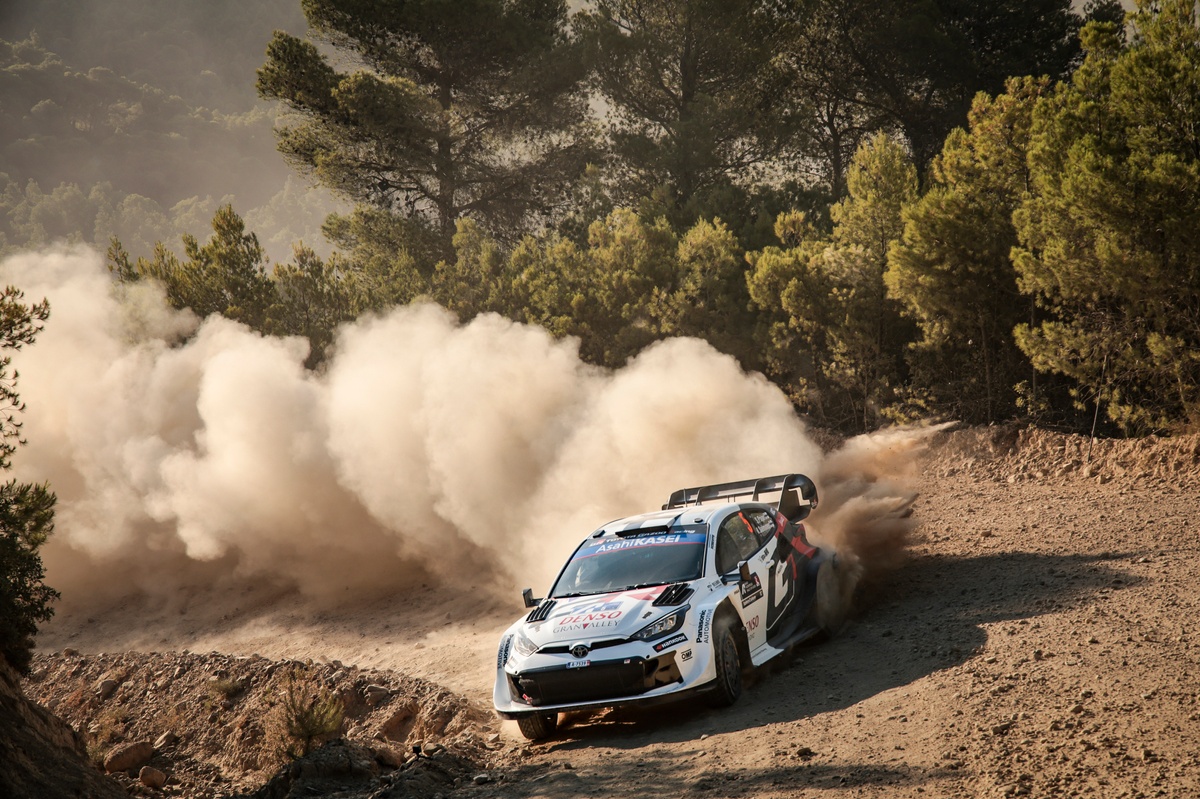Addressing Fuel System Challenges in WRC Rally1
The World Rally Championship (WRC) has taken steps to address fuel system issues that impacted several Rally1 teams during the Acropolis Rally Greece. These problems led to the retirement of cars driven by Sami Pajari, Martins Sesks, and Grégoire Munster, raising concerns among teams and officials.
The root cause of the fuel system failures remains unclear, but many believe the extreme heat experienced during the event played a significant role. Temperatures inside the car cockpits reached as high as 70°C on one day, which could have contributed to the mechanical difficulties. The incident occurred during the fourth event since the WRC transitioned to a new sustainable fuel supplier following the collapse of P1 Racing Fuels earlier this year.
In response, the FIA swiftly appointed TotalEnergies as the new fuel supplier, beginning its role from the Rally Islas Canarias in April. Despite the change, the FIA confirmed there is no issue with the fuel itself, and the supplier will remain in place for the rest of the season.
To prevent similar issues from arising at future events, Rally1 teams have been granted permission to install different fuel tanks on their cars ahead of the Rally Estonia. While the fuel tank is a homologated part of the vehicle, the changes will not require the use of a homologation joker, allowing teams to make necessary adjustments without compromising their technical compliance.
A spokesperson for the FIA stated: “Since being made aware of an issue affecting the fuel tanks on certain Rally1 cars during Acropolis Rally Greece, the FIA is following developments closely. There will be no change to the fuel supply for the 2025 season.”
The FIA emphasized that it is up to each manufacturer to ensure their fuel tanks fully comply with homologation requirements and are properly adapted to the fuel used in the championship. To support teams, the FIA has facilitated discussions with suppliers and updated regulations to allow flexibility for modifications.
This approach aims to help teams address challenges they face without impacting their homologation jokers. The timing of the previous fuel supplier’s administration has disrupted normal testing processes, which may have contributed to the issues faced by Rally1 cars in the extreme conditions of the Acropolis Rally.
Key Points from the FIA Statement
- Fuel Supplier: TotalEnergies will continue as the WRC’s fuel supplier for the remainder of the season.
- Homologation Requirements: Manufacturers must ensure their fuel tanks meet FIA standards and are compatible with the specified fuel.
- Regulatory Flexibility: Teams can make necessary modifications to their cars without using homologation jokers.
- Testing Disruptions: The sudden change in fuel suppliers affected the usual testing procedures, potentially contributing to the issues observed.
Future Implications
As the WRC moves forward, the focus will remain on ensuring the reliability of Rally1 cars under various conditions. The decision to allow teams to modify fuel tanks highlights the importance of adaptability and proactive problem-solving in motorsport.
With Rally Estonia approaching, teams will have the opportunity to implement these changes and assess their effectiveness. The FIA’s continued monitoring and support will play a crucial role in maintaining the integrity and competitiveness of the championship.
The situation also underscores the need for robust communication between teams, suppliers, and governing bodies to address technical challenges promptly. As the sport evolves, such collaborative efforts will be essential in ensuring smooth operations and minimizing disruptions.







